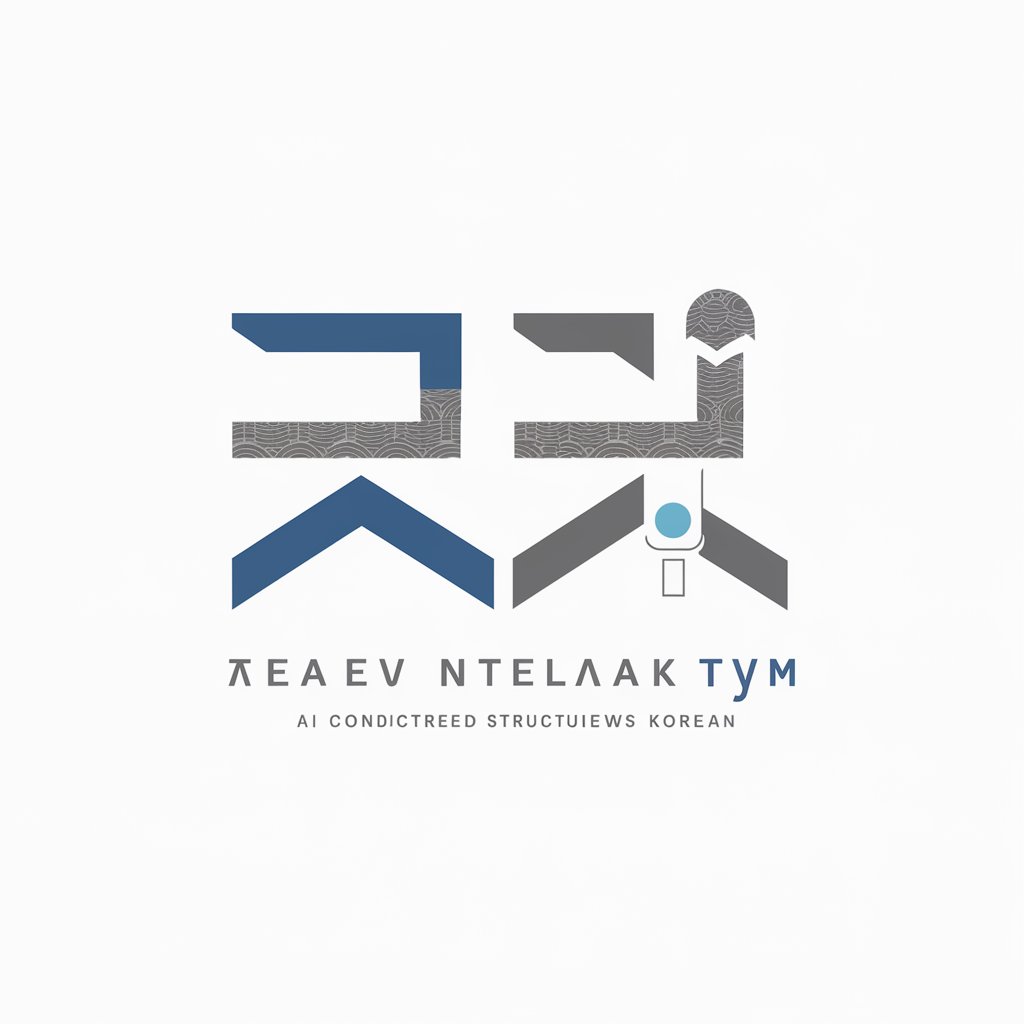
SEO - User-Focused SEO Assistant

Welcome! Let's elevate your SEO game.
Elevating Your Online Presence with AI-Powered SEO
Optimize your content for search engines by...
Enhance your website's SEO performance with...
Boost your local SEO strategy by...
Improve your backlink profile through...
Get Embed Code
Introduction to SEO
SEO (Search Engine Optimization) is a specialized field within digital marketing focusing on improving the visibility of websites in search engine results pages (SERPs). It involves a comprehensive set of strategies and techniques aimed at increasing the quantity and quality of traffic to a website through organic search engine results. The core purpose of SEO is to make a website more appealing to search engines, like Google, by optimizing various elements including website content, structure, and on-page elements like meta tags and keywords, as well as off-page factors like backlinks. For example, optimizing a blog post to rank for specific keywords would involve incorporating those keywords naturally in the text, using them in the title and meta description, and ensuring the content is comprehensive and relevant to the topic. Powered by ChatGPT-4o。

Main Functions of SEO
Keyword Optimization
Example
A company selling eco-friendly water bottles could use SEO to identify and target keywords like 'sustainable water bottles' or 'eco-friendly hydration' to attract relevant traffic.
Scenario
By incorporating these keywords in their website content, meta tags, and product descriptions, they improve their chances of appearing in searches for these terms.
On-Page Optimization
Example
A local bakery may optimize its homepage to include its location, types of bread and pastries offered, and unique selling points like 'gluten-free options'.
Scenario
This helps search engines understand the relevance of the page to local searches like 'gluten-free bakery near me', potentially improving its SERP ranking.
Building Quality Backlinks
Example
A tech blog might collaborate with reputable tech websites to create guest posts, thereby gaining backlinks from these authoritative sources.
Scenario
These quality backlinks signal to search engines that the blog is a credible and valuable resource, boosting its search rankings.
Local SEO
Example
A dental clinic could claim its Google My Business listing and optimize it with accurate information, encouraging patients to leave reviews.
Scenario
This increases its visibility in local searches like 'dentist near me', attracting more local clients.
Technical SEO
Example
An e-commerce website might optimize its site architecture and improve loading speeds to enhance user experience and search engine crawling.
Scenario
This technical optimization helps the website rank higher, as search engines favor sites that offer a good user experience.
Ideal Users of SEO Services
Business Owners
Business owners, especially those with an online presence, benefit significantly from SEO. It helps them attract targeted traffic, increase brand visibility, and potentially boost sales and conversions.
Content Creators
Bloggers, writers, and content creators use SEO to ensure their articles, videos, or podcasts are found by the right audience, enhancing reach and engagement.
Marketing Professionals
Marketing professionals integrate SEO into broader digital marketing strategies to achieve overall business goals, such as brand recognition and lead generation.
E-Commerce Platforms
E-commerce platforms rely on SEO to improve product visibility, enhance user experience, and compete effectively in the crowded online marketplace.
Local Businesses
Local businesses use SEO to appear in local search queries, which is crucial for attracting customers in their geographical area.

Using SEO: A Step-by-Step Guide
Start with YesChat.AI
Begin your SEO journey by visiting yeschat.ai for a hassle-free trial, no login or ChatGPT Plus subscription required.
Identify Your Goals
Define clear SEO objectives, such as increasing organic traffic, improving site rankings, or enhancing user engagement.
Keyword Research
Conduct thorough keyword research to identify terms and phrases relevant to your content and audience.
Optimize Website Content
Incorporate targeted keywords into high-quality, relevant, and engaging content. Ensure website structure and metadata are SEO-friendly.
Monitor and Adjust
Regularly monitor your SEO performance using analytics tools. Adjust strategies based on data-driven insights for continual improvement.
Try other advanced and practical GPTs
GDPR
Empowering GDPR compliance through AI

Azure Lumina Saphiniesque+
Empowering Conversations with AI Intelligence

VentureSparkGPT
Empowering Your Entrepreneurial Journey with AI

Physical Education GPT
Empowering PE Teaching with AI

Golf Rules GPT
Expert Golf Rules at Your Fingertips

모의 면접 봇
Ace Your Interview with AI Coaching

Golf Caddy GPT
AI-powered Golfing Companion

👁️👁️
Bringing Drawings to Life with AI

粗大ごみの捨て方調べる君
Streamlining bulky waste disposal with AI.

Digital Dating Coach
Revolutionizing Your Tinder Experience with AI

API Finder
Navigate APIs with AI Precision

JournalClub copilot
Deciphering Science, Empowering Discussions

Frequently Asked Questions about SEO
What makes SEO an essential tool for modern businesses?
SEO is vital as it increases visibility in search engines, drives organic traffic, enhances user experience, and boosts credibility and brand awareness.
How does SEO adapt to changes in search engine algorithms?
SEO continuously evolves by staying updated with the latest algorithm changes, focusing on quality content, and ensuring a good user experience.
Can SEO strategies differ based on business size or type?
Yes, SEO strategies can vary. Small businesses might focus on local SEO, while larger companies may target broader keywords and invest more in technical SEO.
What role do keywords play in an SEO strategy?
Keywords are crucial in SEO as they help align website content with user searches, improving visibility and driving targeted traffic.
How important is mobile optimization for SEO?
Mobile optimization is essential for SEO as most searches occur on mobile devices. A mobile-friendly site improves user experience and search engine ranking.





